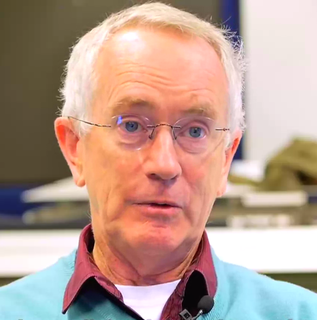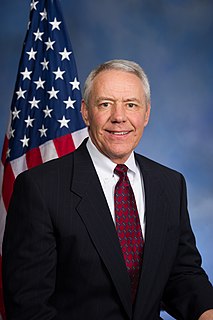A Quote by Lucy Powell
Connecting people to jobs and to each other is absolutely vital to a city's economy (and to the wider economy).
Quote Topics
Related Quotes
If you have a sane economy, and by sane economy I mean one which is not addicted to debt, not a Ponzi economy, then the change in debt each year should contribute a minor amount to demand. Therefore, if you tried to correlate debt to the level of unemployment you would not find much of a correlation. Unfortunately that is not the economy we live in.
The chief moral obligation of the 21st Century is to build a green economy that is strong enough to lift people out of poverty. Those communities that were locked out of the last century's pollution-based economy must be locked into the new, clean and renewable economy. Our youth need green-collar jobs, not jails.
I think women as well as men are concerned about jobs and the economy and spending and, and other issues. They're concerned that when their kids graduate from college they have an economy and they have a future in this country and they, they have the same opportunity that we've had and our grandparents have had.
When you take away the subsistence economy, then your farm population is seriously exposed to the vagaries of the larger economy. As it used to be, the subsistence economy carried people through the hard times, and what you might call the housewife's economy of cream and eggs often held these farms and their families together.
It does happen to be a historical fact that my husband served as president for eight years. And there's a lot that happened which helped the American people during those eight years. I want an economy that creates more jobs. And that's a lot of jobs. I want an economy that gets back to raising incomes for everybody.
This is all about creating good jobs for middle-income Americans, and it's a place where the President, frankly, has failed. His effort to put in place a series of liberal proposals he thought were historic kept his eye off the ball of getting the economy going again. It is the economy, and the American people aren't stupid. They want someone who can get this economy going again.
Today it's fashionable to talk about the New Economy, or the Information Economy, or the Knowledge Economy. But when I think about the imperatives of this market, I view today's economy as the Value Economy. Adding value has become more than just a sound business principle; it is both the common denominator and the competitive edge.
































